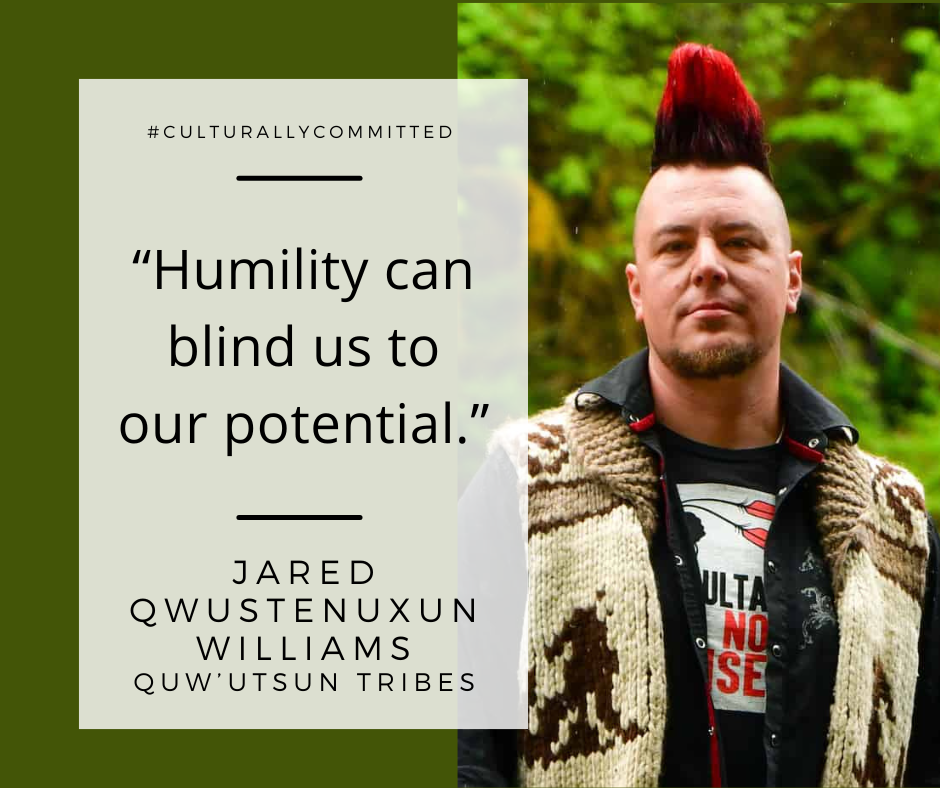Two-Eyed Seeing
- Kim Trottier

- Jun 17, 2024
- 2 min read

Last week, I had the opportunity to engage in a conversation with George Harris Jr. of the Stz’uminus First Nation and Jared Qwustenuxun Williams of Quw’utsun. During our discussion, we explored the pursuit of leadership positions in corporate culture, and how the attributes that commonly elevate individuals in these systems conflict with the values prioritized in First Nations communities. George explained that, rather than striving to stand out and be noticed, his people endeavor to live in humble service to others, focusing on the community rather than the individual. He introduced the concept of “two-eyed seeing,” which involves learning how to live in two worlds: analyzing and adapting to these opposing ideals and learning how to be successful in an entirely different societal structure. George’s mother was persistent in ensuring he acquired the skills necessary to operate proficiently in both the traditional and western worlds.
I expressed to Jared and George my concern that the cultural prioritization of humility could be preventing incredible leaders from pursuing upper-level positions. I would prefer to see these roles occupied by people who approach their work with humility and a priority on supporting others, rather than by those who feel entitled to these positions. This comment prompted Jared to share an observation: “humility can blind us to our potential.”
In the western world, ascending the ladder often requires individuals to stand out and be noticed. Awards and recognitions are frequently attained by those who actively pursue them, and these accolades can then be used to further distinguish oneself, providing validation of skills and abilities. For someone not raised with these values, it must be incredibly uncomfortable and challenging to navigate this competitive system. Individuals might be overlooked for doing their work quietly and prioritizing humble service.
This realization has compelled me to think deeply about how we can better support these quiet contributors. By recognizing and valuing the strengths that come from humility and community-focused work, we can create more inclusive and effective leadership structures.





Comments